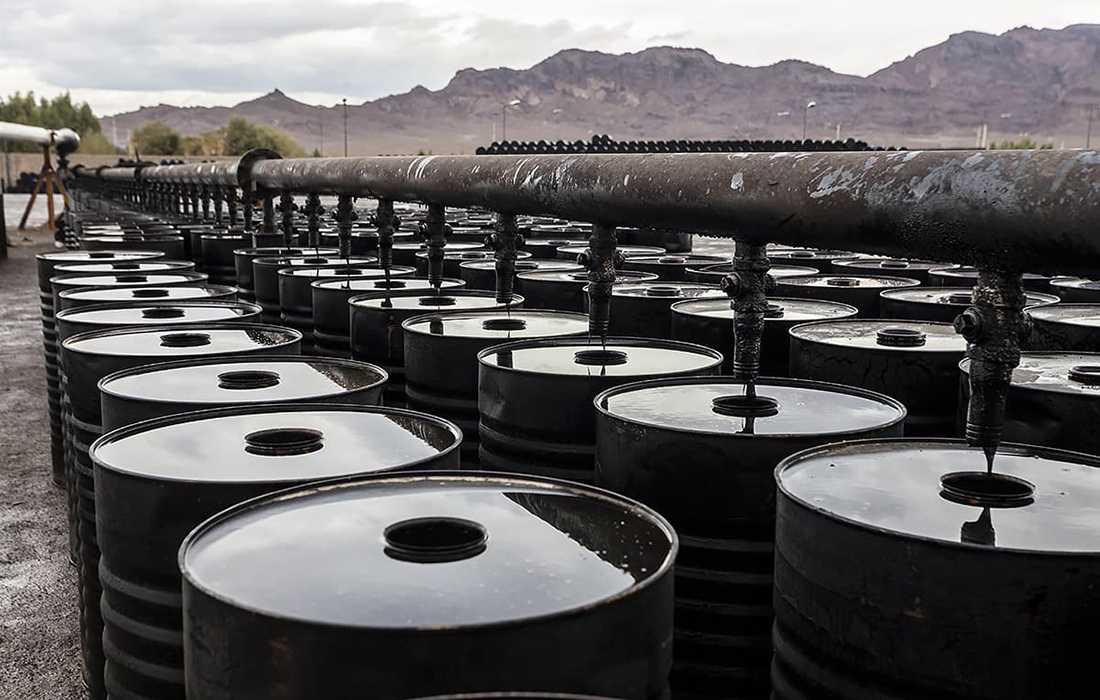
24 Dec Fuel oil
Fuel oil, also known as bunker fuel or residual fuel oil, is a type of petroleum-based fuel that is commonly used for industrial, commercial, and marine applications. It is a viscous and heavy liquid fuel that is often derived as a residue from crude oil refining processes.
Fuel oil is classified into different grades based on its viscosity and sulfur content. The grades range from heavy, high-viscosity fuel oil (such as No. 6 fuel oil) to lighter, low-viscosity fuel oil (such as No. 2 fuel oil). The specific grade used depends on the intended application and the requirements of the equipment or engine.
Fuel oil is commonly used as a heating fuel in boilers, furnaces, and industrial heating systems. It provides a significant amount of heat energy and is often used in large-scale heating applications, such as in power plants, factories, and commercial buildings. It is also used in some residential heating systems, particularly in areas where natural gas is not readily available.
In the maritime industry, fuel oil is the primary fuel used by large ships and vessels, such as container ships, tankers, and cruise liners. These marine engines are designed to burn heavy fuel oil, which provides the necessary power for propulsion and onboard electricity generation. However, there has been a growing interest in using cleaner and more environmentally friendly alternatives in the shipping industry.
It’s worth noting that the use of fuel oil can have environmental implications due to its high sulfur content and the emissions it produces when burned. The combustion of fuel oil can release sulfur dioxide (SO2) and other pollutants that contribute to air pollution and can have negative impacts on human health and the environment. In response, regulations and initiatives have been implemented to reduce sulfur emissions from fuel oil, such as the use of low-sulfur fuel oils or the installation of exhaust gas cleaning systems (scrubbers) on ships.
Overall, fuel oil is a significant fuel source for heating, power generation, and marine applications, although efforts are being made to transition to cleaner and more sustainable alternatives.

